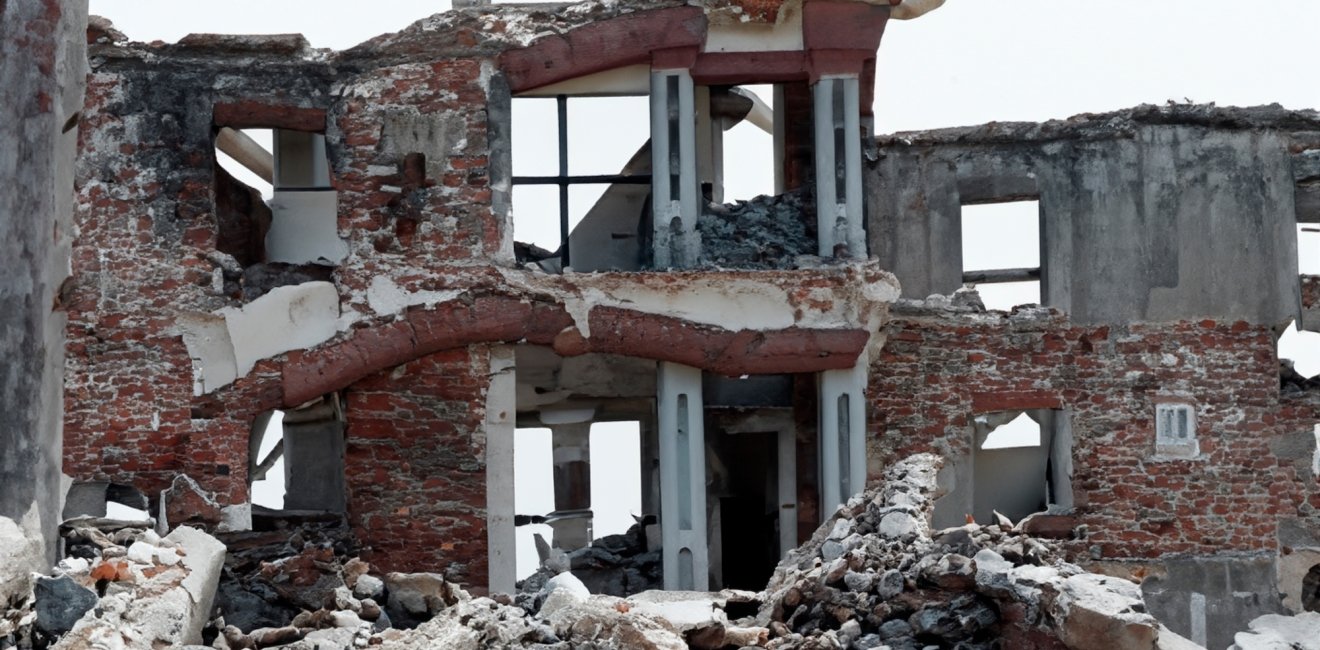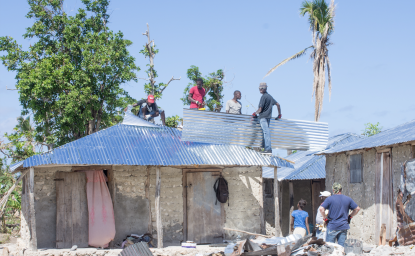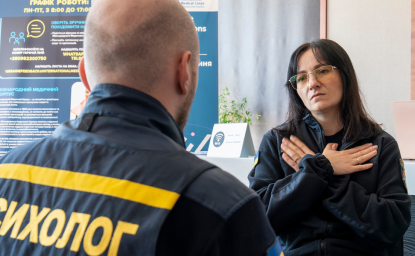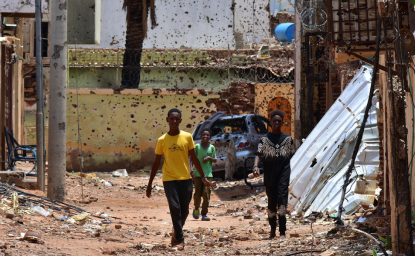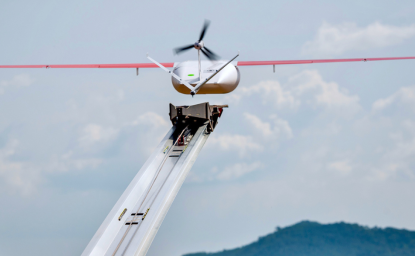As another day passes, Moroccans inside and outside the country mourn in the midst of the intensifying loss of lives from Al Houaz to Ouarzazate in the aftermath of the earthquake—the deadliest in decades. This natural crisis also exacerbated pre-existing patterns of vulnerability, especially for rural communities, women, children, and the elderly, exposing them to heightened precarity.
What has been uplifting to witness is the unbreakable sense of solidarity and coordination among Moroccans in the country and the diaspora in one unified stance, exemplifying civic action at its prime.
Moroccans are exercising leadership in their crisis response as frontline healthcare workers, unpaid caregivers, and community mobilizers who complement each other.
Moroccans unify during the crisis
Years ago, at the height of the Arab uprisings, I was a legal commissioner with the Moroccan Commission tasked with drafting the new public participation law. Little did I know that I would live to see that public participation doesn't require a law to frame it. In Morocco, it is engrained in the values of the people, and it comes forward every second the earthquake response unfolds. Moroccans are exercising leadership in their crisis response as frontline healthcare workers, unpaid caregivers, and community mobilizers who complement each other. Moroccan stakeholders are embedded in their communities and best positioned to advocate for local communities.
At the same time, when I see the critics of the country's crisis management response and the pace of rolling out international assistance, the lawyer in me couldn't help but decry this prescriptive Western narrative. A sudden influx of aid from the international community requires preparedness—especially legal preparedness. Stressing the principle of the sovereignty of states and the primary role of the disaster-affected state in providing emergency relief is front and center in international law and jurisprudence on protecting persons in the event of disasters.
When it comes to Morocco's capacity to manage a crisis, it stands out from its peers in the region. Not long ago, when the COVID-19 crisis revealed the fragility of the healthcare system, Morocco was quick to implement health measures to contain the pandemic. Now, once again, the country is mobilizing its own internal structures to do the same at this initial recovery stage. Progress is never a solitary process and is not held solely by any one demographic, party, or group, but it does require sequential framing, and this is what's happening in Morocco. At the earliest stage, authorities and local respondents were on the ground immediately coordinating to assess the situation, support search and rescue operations, and provide help to affected people before extending any additional requests for international support.
The impacted regions hold not only challenging geography—mostly isolated and mountainous locations—but also socioeconomic vulnerabilities
Urban vs rural disparities at play
While the authorities were quick to respond to the crisis, the urban-rural divide might affect Morocco's crisis management capacities and international efforts to support development beyond emergency relief. The impacted regions hold not only challenging geography—mostly isolated and mountainous locations—but also socioeconomic vulnerabilities. There is an urgent need to view this intersectionality of constraints when addressing affected communities' needs. Despite Morocco's strides to bridge disparities between rural and urban areas, challenges remain. Morocco has made remarkable progress in reducing poverty over the past decade. Access to basic services like water, electricity, and sanitation is gradually improving, but infrastructural disparities remain high between urban and rural areas.
Many of the poorest regions in the country, particularly the rural High Atlas region, are predominantly Amazigh, and basic government services in this mountainous and underdeveloped region are still lacking. People in rural Morocco face greater challenges due to persistent socioeconomic, customary, family, and geographical idiosyncrasies and lagging basic services from education to justice delivery. For instance, informal justice mechanisms, flawed by patriarchal leanings and procedures that reinforce local tradition and community pressure without strict legal bases or protections, such as the right to appeal, are still prevalent. Many rural areas lack basic infrastructure, such as roads. Something as simple as a road can make the difference between whether a wronged woman in a village has access to justice or not.
Recovery beyond emergency relief
At the institutional level, Morocco should consider developing a disaster law for effective disaster risk management in its four phases: mitigation, preparedness, response, and recovery. This is an area where international technical assistance will come into play. International assistance could come in the form of technical support in preparing the disaster law and plans to mitigate the common regulatory problems in international disaster response operations. A lack of legal preparedness can delay lifesaving assistance while also creating quality control and coordination problems. Experience has shown that even the best-prepared governments may need international assistance when a major disaster strikes. However, few governments are legally prepared to receive a sudden influx of international assistance.
There is an urgent need for the international community to adopt an intersectional approach in addressing aggravating factors of vulnerability faced by the populations affected by the earthquake. It is especially important for protection response to address the particular needs of affected people and to support the adoption of measures to protect, respect, and fulfill human rights in crisis situations, in addition to supporting efforts for a more resilient and inclusive society.
Persistent inequalities between urban and rural areas, as is the case in the regions affected by the earthquake, require collective action to address the specific poverty challenges in the rural areas, including enhancing the basic infrastructure, the provision of public services, and the development of socioeconomic activities to generate income and promote social well-being in the aftermath of such a traumatizing crisis.
The views expressed in these articles are those of the author and do not reflect an official position of the Wilson Center.

